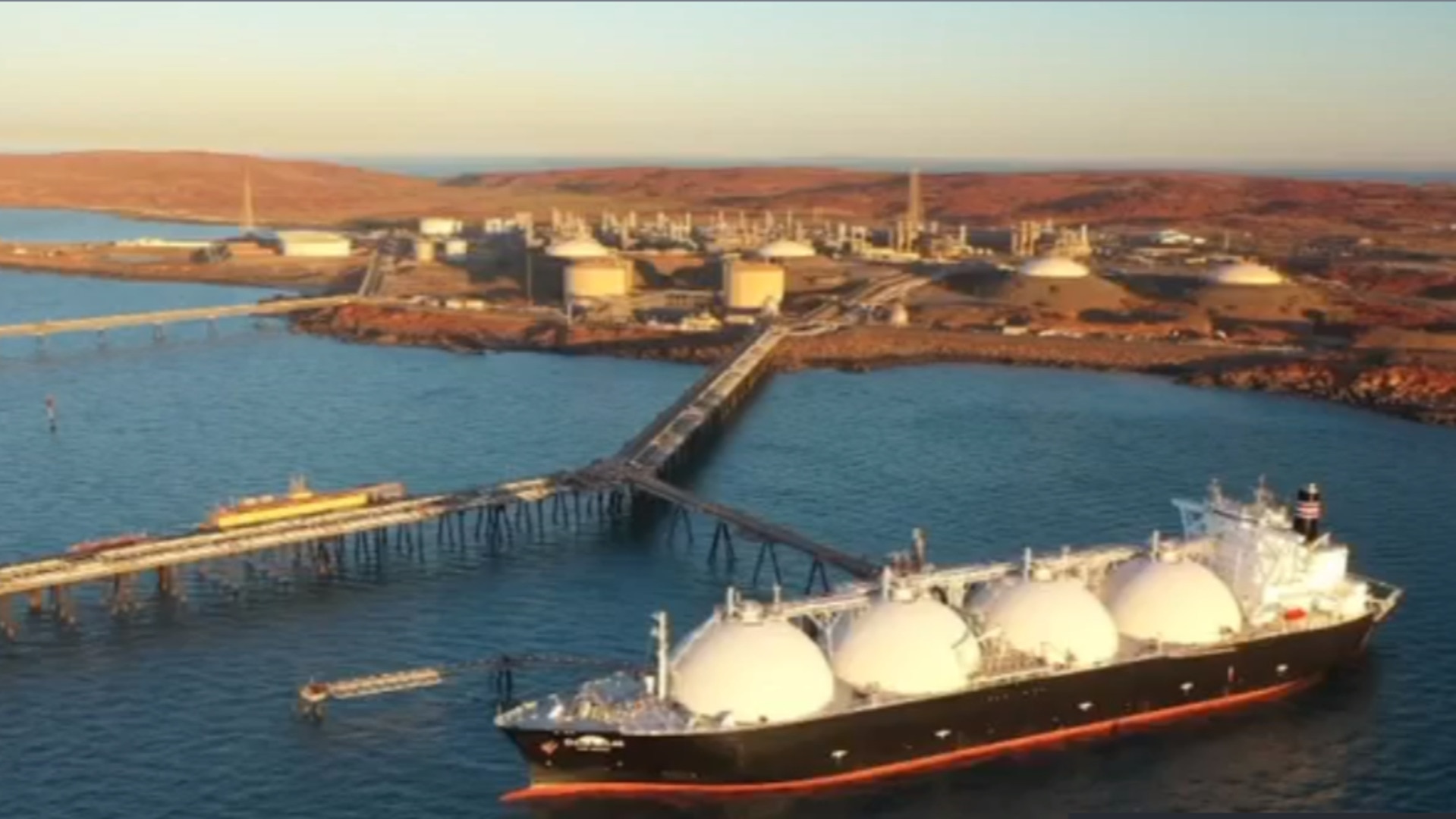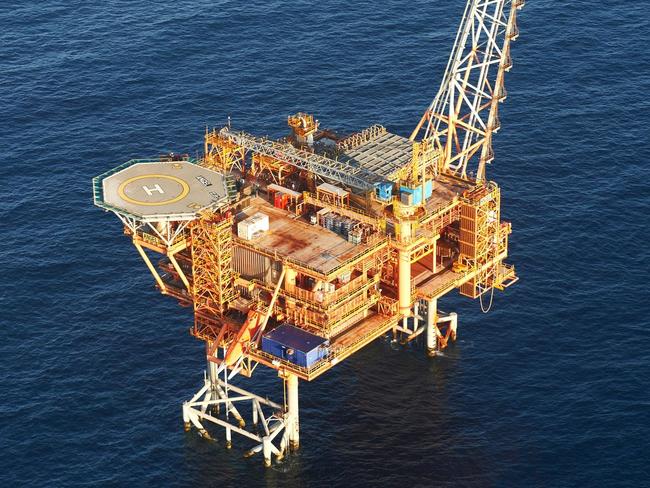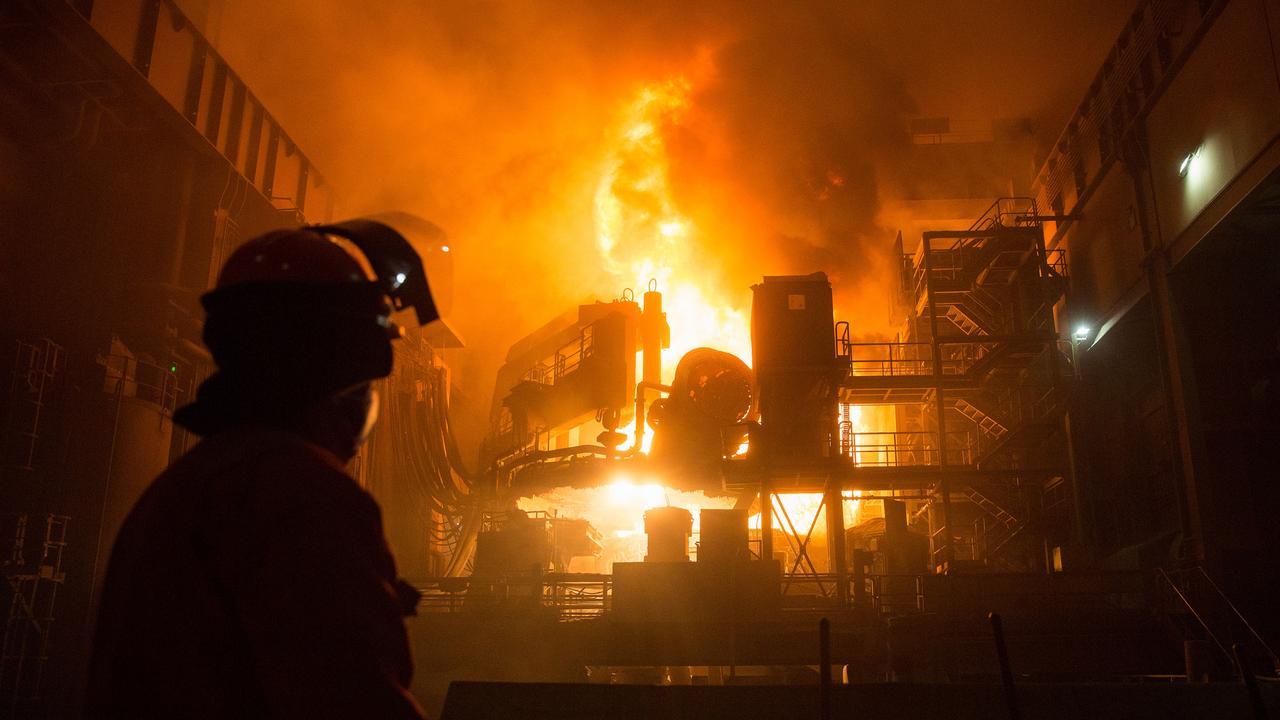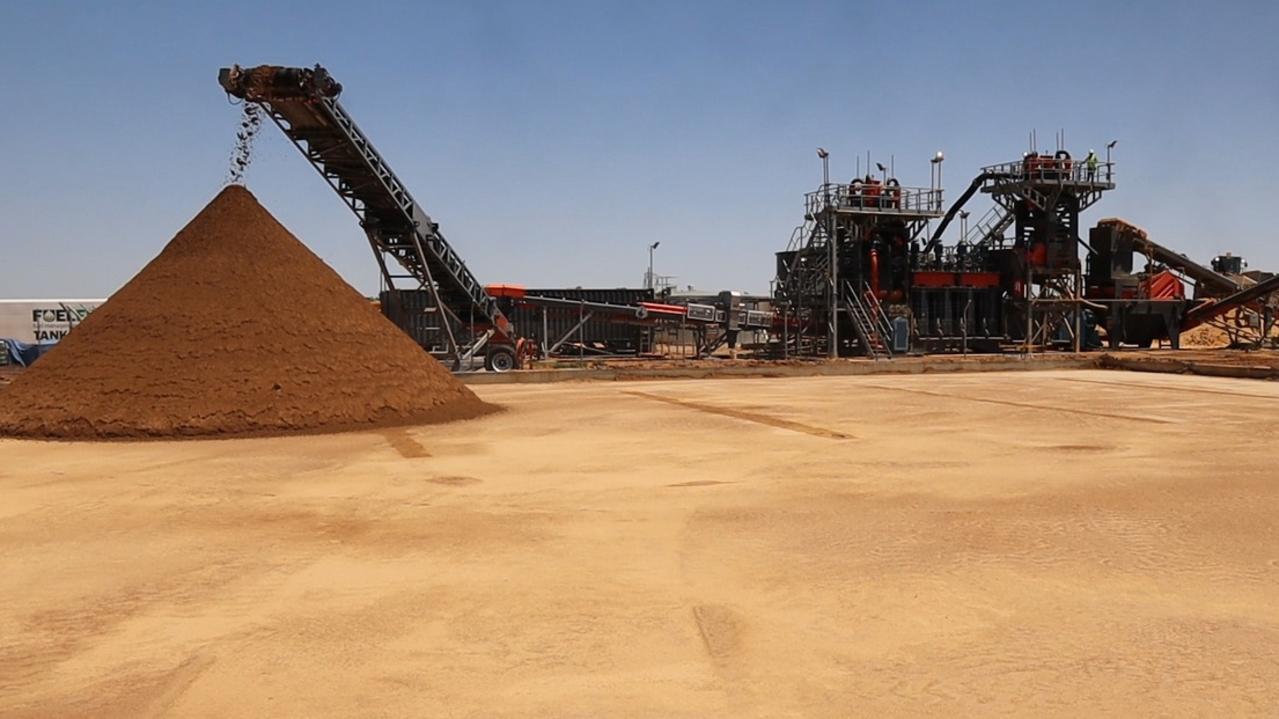AEP report details gas market intervention’s effect on investment, calls for policy reset
The Albanese government’s intervention in the gas market in 2022 is directly responsible for Australia’s appeal for investment falling substantially in recent years, a new report says.

Australia is falling behind global rivals in attracting investment in gas exploration and production, a new report from global consultancy Wood Mackenzie has found, a trend that risks undermining the nation’s energy security and stalling the transition away from coal.
The report, Australia’s Natural Gas Investment Competitiveness, commissioned by industry group Australian Energy Producers (AEP), found global gas exploration investment has surged by nearly 30 per cent over the past five years. In contrast, Australia’s growth has been just 15 per cent, placing it well behind international peers.
AEP chief executive Samantha McCulloch warned that Australia risks missing out on billions of dollars in future investment unless policy settings are reformed.
“Competitive and stable regulatory frameworks are crucial if Australia is to attract the capital needed to develop its abundant gas resources and ensure long-term energy security,” she said.
The report includes a CEO sentiment survey of local gas producers, revealing a sharp decline in investor confidence. A striking 95 per cent of executives surveyed said Australia is now a less attractive place to invest than it was five years ago. The primary reason, the report notes, is government intervention in the gas market.

In December 2022, the Albanese government introduced sweeping reforms to the east coast gas market, including a $12 per gigajoule price cap and mandatory domestic supply agreements for developers seeking exemption. Labor defended the policy as a necessary response to the global energy crisis, arguing it prevented a domestic price shock for manufacturers and households.
While the government maintains the intervention helped stabilise prices, industry leaders have contested the claim, warning instead that the policy has made Australia a riskier and less predictable place to do business.
“The government’s east coast gas market intervention has not dampened prices, but it has sent a chilling signal to investors,” Ms McCulloch said. “To restore confidence, we must reduce approval delays, support new infrastructure, and acknowledge gas’s ongoing role in the energy transition.”
Policymakers are simultaneously grappling with looming supply issues. The Australian Energy Market Operator (AEMO) has warned of a potential gas shortfall on the east coast from 2029, and flagged possible daily supply challenges even sooner without urgent investment in new developments.

Industry groups argue that regulatory hurdles are delaying crucial projects. One example often cited is Woodside Energy, which is still awaiting approval for a revised plan to continue operations at its North West Shelf facility, despite the site producing gas for more than half a century and the company proposing no physical expansion.
Environmental groups have pushed back against Woodside’s broader development agenda, criticising plans for major new LNG projects and arguing they risk prolonging fossil fuel use at a time when rapid decarbonisation is needed. They also dispute claims that LNG meaningfully displaces coal use globally.
The Albanese government has pushed back on suggestions it is ideologically opposed to gas, pointing to its Future Gas Strategy, released in May 2024, which positions gas as a critical component of the energy mix through to 2050 and beyond. However, industry executives say actions such as protracted approvals and policy uncertainty suggest otherwise.
Ms McCulloch said the current political climate presents an opportunity for bipartisan reform to deliver enduring policy settings.
“Australia is well positioned to remain a global energy leader,” she said. “But we need consistent, investor-friendly policies that reflect the reality that gas will continue to play a vital role in meeting global demand and supporting our own energy transition.”
As the world’s energy landscape evolves, Australia now finds itself at a crossroads: whether to reassert its place as a reliable and competitive gas supplier, or risk falling behind in an increasingly contested global market.
More Coverage
Originally published as AEP report details gas market intervention’s effect on investment, calls for policy reset





